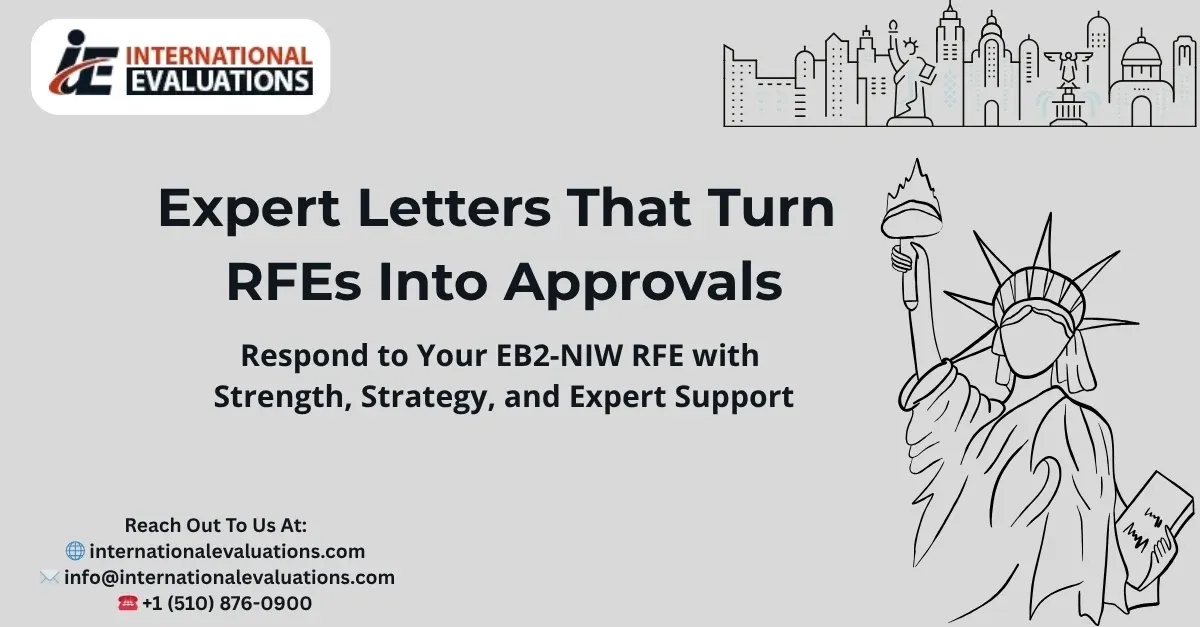Introduction
In today's competitive job market, the shift from class finding out to real-world application is more vital than ever. Students and experts alike are seeking methods to translate their work experiences into scholastic credits. This short article checks out the elaborate process of assessing work experience for education credit, underlining its significance in individual and professional development.
As we delve into this topic, we will go over various aspects of academic credential examination, global credential assessment services, course-by-course credential assessment, and how they associate with work experience examination. In addition, we'll explore skilled opinion letters and company strategy evaluations as part of this diverse journey.
From Class to Profession: Examining Work Experience for Education Credit
The bridge between class education and profession success often includes acknowledging the value of practical experience. Lots of students accumulate significant work experience during internships or part-time jobs that may not be officially recognized by educational institutions. However how can one make sure that these experiences count toward their scholastic credentials?
Why Evaluate Work Experience?
Evaluating work experience is vital for numerous factors:
Recognition of Skills: It verifies the skills obtained through hands-on experiences. Enhanced Employability: Companies progressively seek candidates with useful knowledge together with official education. Personal Growth: Acknowledgment of previous experiences enhances confidence and motivates lifelong learning.Types of Credential Evaluation
Understanding the various kinds of credential examinations offered can assist people navigate this process effectively.
Academic Credential Evaluation
Academic credential evaluation assesses foreign instructional certifications against developed standards in another country. This process is essential for worldwide students or workers aiming to prove their educational background.
International Credential Assessment Services
These services focus on examining foreign credentials and determining their equivalency in the host nation's educational system. They supply reports that lay out the level and kind of education received abroad.
Course-by-Course Credential Evaluation
This in-depth analysis breaks down each course taken during a degree program, providing insights into grades made and credit hours completed. It's particularly useful for trainees looking to transfer credits between institutions.
Work Experience Evaluation
Work experience evaluation serves as a technique to formally assess non-academic abilities gained through work or volunteer activities. https://privatebin.net/?d4f37fec9a080231#52d3NL63TBZoQfjiHwzyRRQtVqeMwe3URLfyNKTy7FyL Here's how it works:
Documentation: Individuals should gather documentation such as job descriptions, performance reviews, and any appropriate certifications. Comparative Analysis: The evaluator compares this information versus established academic competencies. Outcome: The result might result in academic credits granted based upon demonstrated understanding and skills.The Role of Specialist Opinion Letters
A specialist viewpoint letter can reinforce your case when looking for credit for work experience. These letters generally originate from market specialists who can attest to your skills and contributions in a specific field.
What Ought to an Expert Opinion Letter Include?
- An overview of your function in the organization Specific skills you developed How your experiences connect to academic outcomes
Having an expert back your capabilities not only lends reliability but likewise enhances your general portfolio when looking for sophisticated studies or positions.
Business Strategy Examination as a Learning Tool
Creating an organization strategy can be an excellent method to display your understanding of theoretical concepts used in real-world scenarios. An extensive evaluation of an organization plan may highlight proficiencies such as tactical thinking, monetary preparation, and market analysis.
FAQs
1. What kinds of work experiences get approved for academic credit?
Typically, work experiences that straight relate to your field of study or demonstrate transferable skills are eligible for scholastic credit.
2. How do I discover worldwide credential examination services?
You can browse online directories or consult with educational institutions that frequently have collaborations with trusted credential evaluators.
3. Is there a charge connected with getting a professional opinion letter?
Yes, many professionals charge for their time spent writing these letters; however, some may offer them pro bono depending upon the situation.
4. Can I get credit for overdue internships?
Absolutely! Unsettled internships typically offer important experience and can be evaluated likewise to paid positions.
5. The length of time does the credential examination procedure take?
The timeline varies based upon the service used however typically ranges from a couple of weeks to a number of months.
6. Are there specific documents needed for course-by-course evaluations?
Yes, you will require transcripts from all post-secondary institutions attended, together with in-depth course descriptions when possible.
Conclusion
Transitioning from classroom understanding to career preparedness requires recognizing the value of useful work experiences in education credit examinations. As we have checked out in "From Class to Profession: Evaluating Work Experience for Education Credit," both students and experts stand to gain significantly by leveraging their real-world experiences towards their academic goals.

By using various kinds of assessments-- be it through scholastic credential assessments or expert opinion letters-- people can enhance their credentials while promoting lifelong knowing principles that adhere closely to today's vibrant workforce demands.

In summary, welcoming both theoretical knowledge from classrooms along with experiential learning gained through expert engagements develops well-rounded candidates prepared to take on the difficulties ahead in their careers.